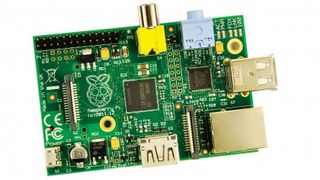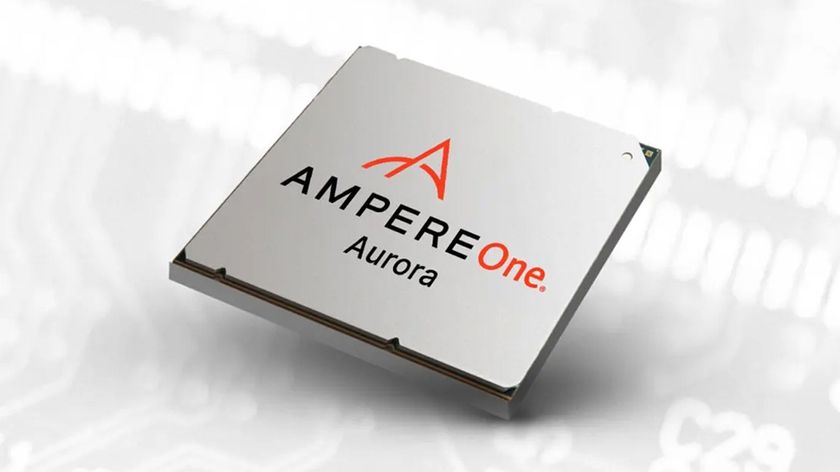How Raspberry Pi taught British tech to be world-class
The tiny computer with massive repercussions
Upton also sees some inspiration in Google's recent £500,000 grant to the Zoological Society of London to have cameras installed in Kenya to survey for rhino poachers.
"I thought that's got real potential to have kids in school build one of these things [using a Pi], send it off to Africa, have it installed and get the feed from there," he says. "It's got a bit of stuff to do with computers, but it's actually much more about exciting kids about science in general, about zoology."
The UK's secret weapon
Pi's potential is limited only by the imagination of the beholder. Ok, and perhaps a few restrictions of the hardware for the time being. "We'll have to change chip. We've always said we'll have to change chip sooner or later, probably later rather than sooner," Upton tells us. "I don't think we're going to be shipping an ARM11 in 2020."
But right now Pi is enjoying gradual world domination, spreading its message to the masses and showing a new generation of kids why coding is a lot easier and more interesting than they probably think.
"I think what's surprised maybe a little bit is how quickly we've gone from having the majority of the awareness of Pi and the majority of sales in the UK, to being a proper global business where we're really just looking at the last few territories where we're trying to get penetration," he says.
Passion Pi
Raspberry Pi is about making this industry fascinating again, about giving Britain a reason to be excited about technology. Raspberry Pi has turned into a great British tech success stories, but in order for it to really work it has to have the weight of the education system behind it.
Back in 2011, Google's Eric Schmidt criticised the British curriculum for failing to engage young people in science and technology. Now, a new curriculum is set to take over as early as 2014, putting computer science at the forefront, and Upton could not sound more excited. "It's absolutely amazing," he beams. "All this stuff about little kids needing to know what a variable is."
Are you a pro? Subscribe to our newsletter
Sign up to the TechRadar Pro newsletter to get all the top news, opinion, features and guidance your business needs to succeed!

"If you made the school computer course just about building robots and writing computer games, A, the kids would all love it, and B, it would teach them lots of useful interesting stuff that would help them compete in the jobs market and help us as a country compete in the global economy."
And yet, bizarrely, there's a campaign to keep things exactly the way they are right now. "It's criminally, treasonously insane," says Upton. "It's businesses who want drones who have been pre-trained."
All you have to do is look down the line to see that something's wrong with the current model. With an ageing, male-oriented technology sector, something has to change in Britain. "Obviously if you go to a tech company and you look around there's a preponderance of guys in their thirties and forties," says Upton.
"Something historic has been completely screwed up. Where are the women? In hard engineering, design chips, there's a real preponderance of older people. There's a sign that something's broken."
Time for a shake-up
As a startup, Raspberry Pi knows all too well the tribulations of getting an idea off the ground in Britain, no matter how big the ambition might be. "I think we do have challenges in the UK around access to finance," says Upton.
"Often the quality of decision making is arbitrary or political," he says. "It doesn't go to people who are good at technology, it goes to people who are good at filling in forms. And that's always disheartening to see that happen. I've seen companies in Cambridge get funded, and you look at it and you think 'why are you getting funded?'"
Hugh Langley is the ex-News Editor of TechRadar. He had written for many magazines and websites including Business Insider, The Telegraph, IGN, Gizmodo, Entrepreneur Magazine, WIRED (UK), TrustedReviews, Business Insider Australia, Business Insider India, Business Insider Singapore, Wareable, The Ambient and more.
Hugh is now a correspondent at Business Insider covering Google and Alphabet, and has the unfortunate distinction of accidentally linking the TechRadar homepage to a rival publication.










